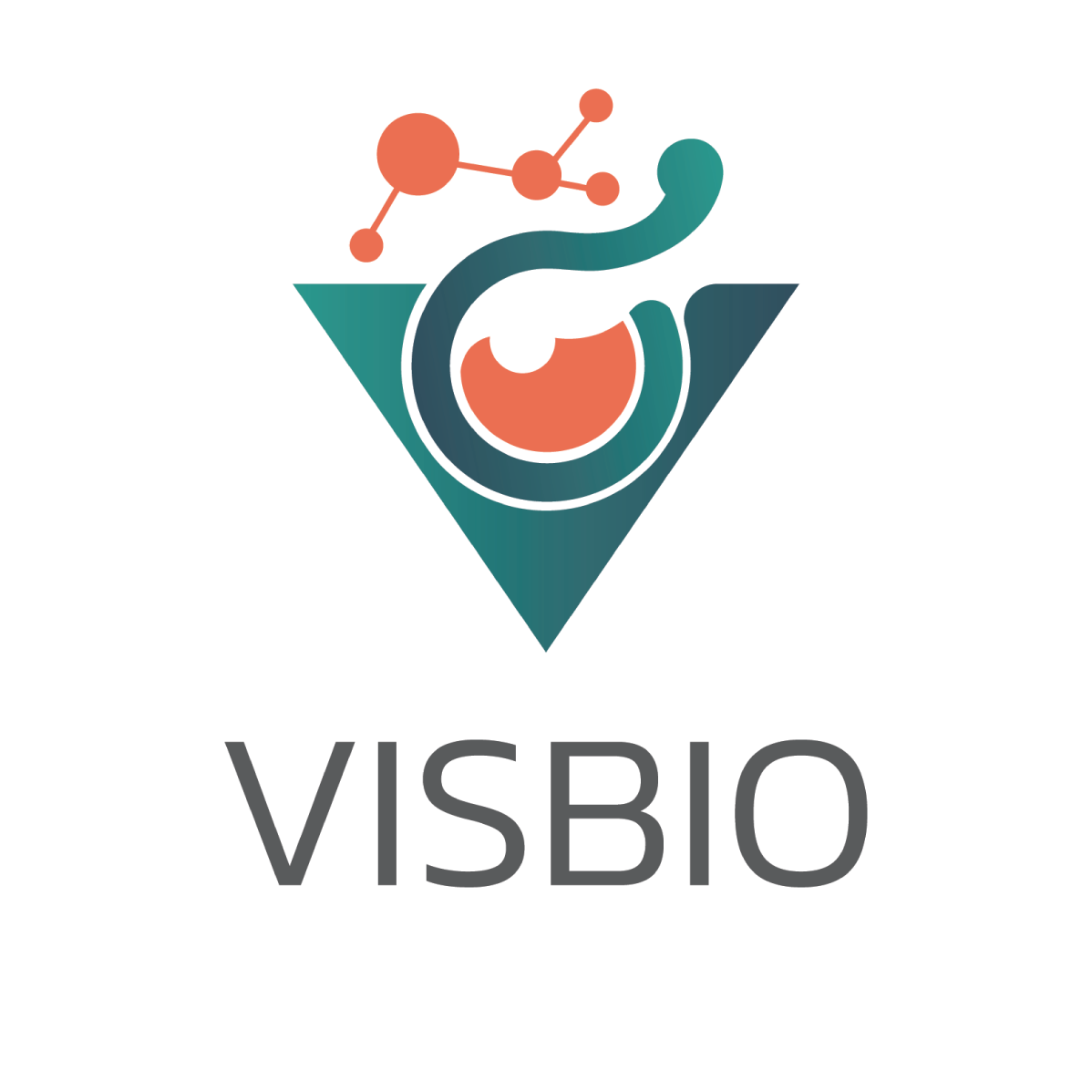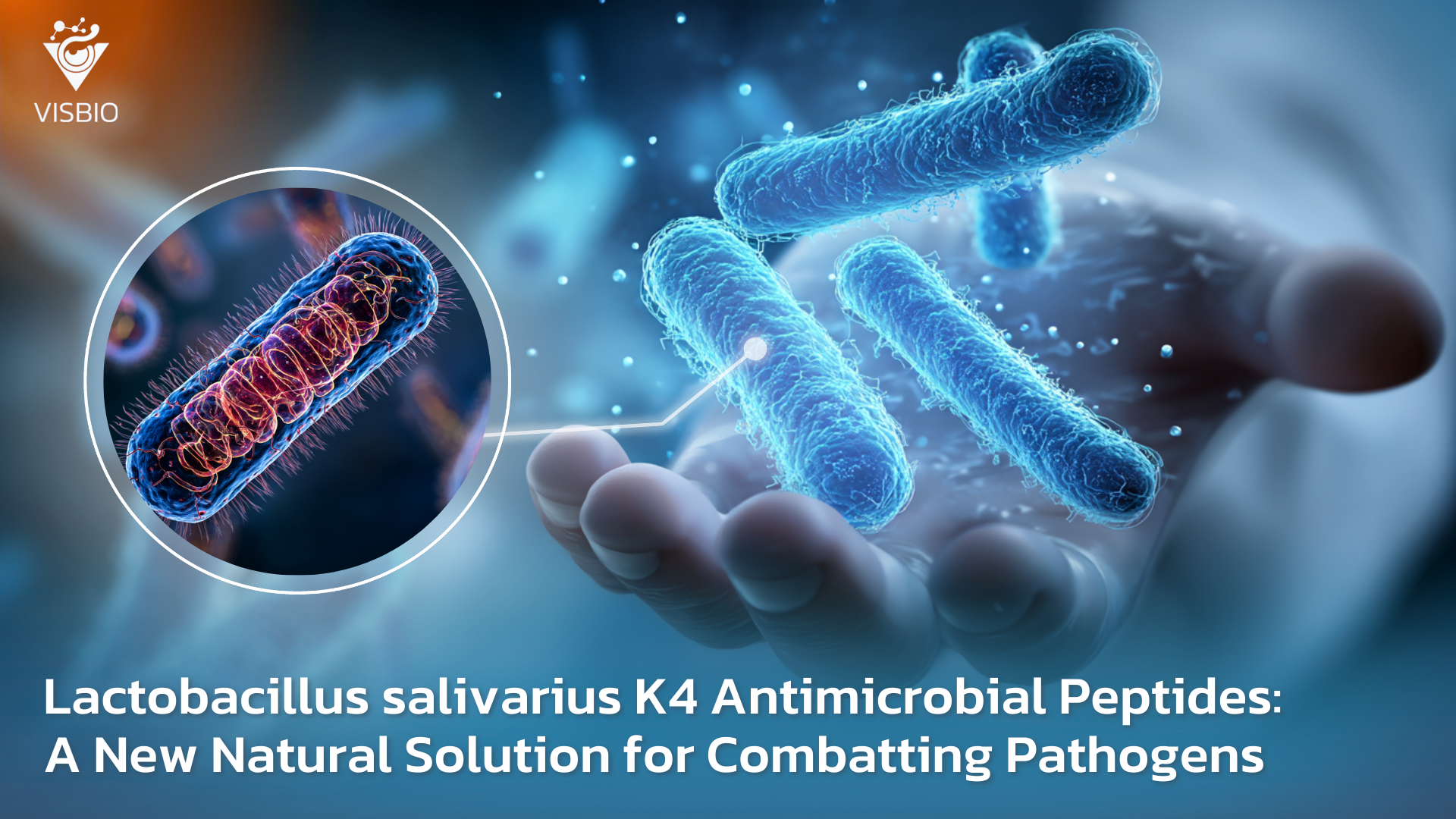The growing global threat of antibiotic resistance has intensified the search for natural alternatives that can effectively combat harmful pathogens without contributing to this crisis. Antimicrobial peptides (AMPs), which are derived from beneficial bacteria, have emerged as highly promising agents in this quest. These peptides are capable of inhibiting the growth of a wide range of bacteria, fungi, and viruses. Among the most potent producers of these compounds is Lactobacillus salivarius, a beneficial bacterial species commonly found in the gastrointestinal tracts of animals and humans.
In a key study, researchers, including Associate Professor Dr. Kiattawee Choowongkomon, investigated the powerful Antimicrobial Peptides produced by Lactobacillus salivarius K4, a specific strain isolated from the chicken intestine. The research, published in the journal ScienceAsia (2014), demonstrates how these natural peptides exhibit strong inhibitory effects against various pathogens. The findings highlight their significant potential for applications in food safety, pharmaceuticals, and livestock health, offering a new frontier in the fight against harmful microbes.
The Power of Probiotic-Derived Antimicrobial Peptides
Antimicrobial peptides (AMPs) are small, naturally occurring proteins produced by a wide variety of organisms, including bacteria, plants, and animals, as a part of their innate immune defense system. These molecules are uniquely capable of targeting and disrupting the cell membranes of pathogens, which leads to their rapid destruction. Unlike conventional antibiotics that often target specific metabolic pathways, AMPs typically have broader mechanisms of action, making it much more difficult for bacteria to develop resistance to them. This characteristic is a primary driver of the intense scientific interest in their development.
The focus of this study was on two cationic Antimicrobial Peptides isolated from Lactobacillus salivarius K4: salvicin K (sal K) and a similar compound, bacteriocin β (alb β). The research revealed that a key to their function is their structure; the peptides adopt an α-helix conformation, a spiral shape that is crucial for their ability to interact with and disrupt bacterial cell walls. By isolating and analyzing these specific peptides, the researchers aimed to understand their precise effectiveness against common pathogens that pose a significant risk to food safety and animal health.
Potent Activity Against Key Foodborne Pathogens
The study revealed that the AMPs produced by Lactobacillus salivarius K4 exhibited strong activity against a range of pathogenic bacteria. The research specifically confirmed that salvicin K could effectively inhibit the food pathogen Enterococcus faecalis. Furthermore, bacteriocin β showed activity against several other problematic bacteria, including Lb. plantarum and Streptococcus sp.. These pathogens are known to cause foodborne illnesses and infections in livestock, making them a significant concern in the food and agricultural industries.
By targeting the cell membrane of these pathogens, the peptides disrupt their structural integrity, which ultimately leads to cell lysis and death. The study highlighted that even at low concentrations, these natural peptides were able to significantly reduce the growth of harmful bacteria. This potent effect demonstrates their vast potential as a natural antibacterial agent. The findings strongly suggest that these AMPs could serve as a viable and effective alternative to traditional antibiotics in animal feed, helping to control bacterial infections without contributing to the growing crisis of antibiotic-resistant strains.
Potential Benefits in Food Safety and Animal Health
The use of Lactobacillus salivarius K4-derived AMPs extends well beyond the direct treatment of infections. These peptides offer a highly promising solution for improving food safety by preventing the contamination of food products with pathogenic bacteria. The study’s emphasis on the peptides’ ability to inhibit pathogens like Enterococcus faecalis underscores their potential role as natural food biopreservatives.
Integrating these AMPs into food preservation methods could help extend the shelf life of perishable products, reduce the need for synthetic chemical preservatives, and ensure safer food for consumers. This innovative approach aligns perfectly with the growing consumer demand for natural food additives and clean-label products, which prioritize transparency and the minimal use of synthetic ingredients. In animal health, using probiotic strains like Lactobacillus salivarius K4 that naturally produce these powerful peptides can support the immune system of livestock. This can reduce the overall need for antibiotics and promote healthier growth, supporting sustainable farming practices.
Emerging Applications in Pharmaceuticals and Biomedicine
Beyond their clear role in food and agricultural applications, the potential of Lactobacillus salivarius K4 AMPs extends into the pharmaceutical and biomedical fields. AMPs derived from probiotics like Lactobacillus have been studied for their anti-inflammatory, antiviral, and even anticancer properties, opening new avenues for developing novel therapeutics.
The ability of these peptides to selectively target microbial cells while sparing host (human) cells makes them an attractive candidate for developing new medicines. Potential applications include topical treatments for skin infections, advanced wound healing formulations, and even treatments for respiratory infections. Their natural origin and low toxicity profile make them particularly suitable for use in formulations aimed at sensitive skin and mucosal applications, where safety and biocompatibility are paramount. The continued investigation of these versatile molecules promises to yield new therapeutic strategies for a range of human health conditions.
The Future of Natural Antimicrobials A Commercial Opportunity
The findings from this study represent a significant step forward in the development of natural antimicrobials derived from probiotics. As the global fight against antibiotic resistance intensifies, the role of AMPs in providing effective and safe alternatives becomes increasingly critical. For companies in the pharmaceutical, food, and agricultural sectors, the discovery of Lactobacillus salivarius K4-derived AMPs represents a valuable opportunity to develop innovative and sustainable products. The integration of these peptides into health and food products offers a clear pathway to reducing our reliance on synthetic antibiotics while maintaining the highest standards of safety and efficacy.
Partner with Visbio for Innovative Antimicrobial Solutions
For companies in the pharmaceutical, food, and agricultural sectors, the discovery of Lactobacillus salivarius K4-derived AMPs represents a valuable opportunity to develop natural antimicrobial products. As consumers increasingly seek antibiotic-free and natural solutions, investing in AMP-based products can position your business as a leader in sustainable and innovative health solutions.
We invite companies in the pharmaceutical, nutraceutical, and food industries to collaborate with us in developing these powerful Antimicrobial Peptides. Contact us for a free consultation to explore how your business can leverage this groundbreaking research to create the next generation of natural solutions for combating pathogens.

About the Author:
Associate Professor Dr. Kiattawee Choowongkomon is a leading expert in biochemistry and proteomics, specializing in the development of bioactive compounds for therapeutic applications. His research bridges traditional medicinal knowledge with modern scientific innovation, creating impactful health solutions.


